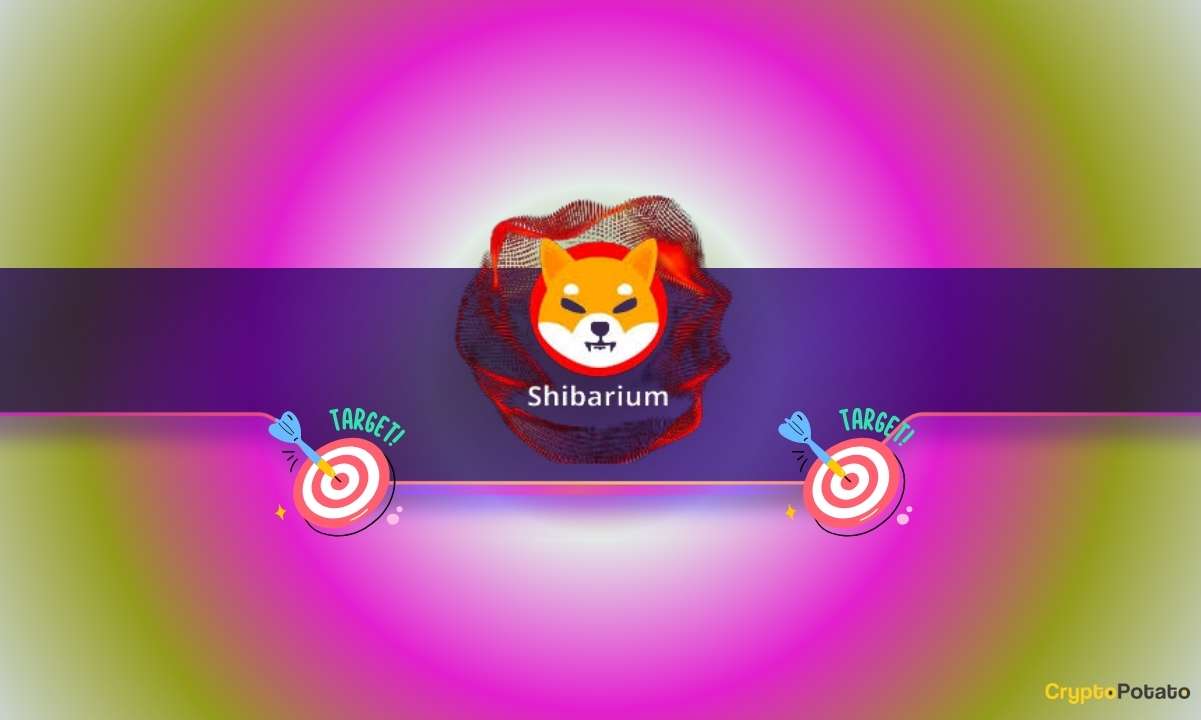TL;DR
- Shibarium has processed over 6.5 million blocks and is close to reaching 420 million transactions despite a recent decline in daily activity.
- Over the past year, the network underwent key upgrades, including a new UI, a hard fork, and a burning mechanism to reduce SHIB supply.
Shibarium’s Latest Achievement
The number of total blocks processed on Shiba Inu’s layer-2 scaling solution recently exceeded 6.5 million, while total transactions are inching toward 420 million.
However, numerous other Shibarium metrics have underperformed lately. New daily transactions have been hovering in the 3,000-4,000 range in the past few days, a significant decline from the first quarter of the year when the figure was in the millions. The number of active accounts, new contracts, and new verified contracts has also headed south.
Shibarium was explicitly designed to foster the development of the Shiba Inu ecosystem by improving speed, enhancing scalability, and reducing transaction fees. As such, some industry participants believe its further progress could positively impact the price of SHIB.
While the meme coin is well on the green on a weekly scale, it is down 1.5% in the past 24 hours. It currently trades at around $0.0000147 with a market capitalization of around $8.6 billion, making it the 16th-biggest cryptocurrency.
Shibarium’s Anniversary
The aforementioned progress of the protocol is more than significant considering the fact that it saw the light of day exactly a year ago.
Shibarium implemented several vital upgrades during that period to improve user experience and introduce other benefits. In April, the team launched a new user interface (UI) update, describing it as “faster, smoother, and more accessible than ever.” Its main goal was to allow better compatibility with popular self-custody wallets such as MetaMask, Trust Wallet, Coinbase Wallet, and others.
Several days later, Shibarium underwent another upgrade through a hard fork. It aimed at enhancing user experience, empowering the community of developers and innovators, and implementing quicker block processing times.
“We are also smoothing out transaction fee variations during high traffic times, making costs more predictable and fair for everyone. This ensures our platform remains affordable and accessible,” the team added at the time.
Most recently, Shibarium adopted a burning mechanism called “Burn Portal.” While its ultimate goal is to reduce the circulating supply of SHIB by sending a portion of tokens to a designated address, it is somewhat different than the original program embraced by the meme coin project.
In the Shibarium ecosystem, BONE functions as the governance token and is crucial for covering gas fees, with validators and delegators depending on it for transactions within the network.
A portion of the gas fees paid in BONE is used to purchase SHIB tokens, which are subsequently sent to a null address for burning. Users must collect a minimum of 100 BONE to participate in the initiative.
For more updates on the ecosystem, make sure to check out our Shibarium news.

